We have created this easy-to-follow guide for quick product selection.
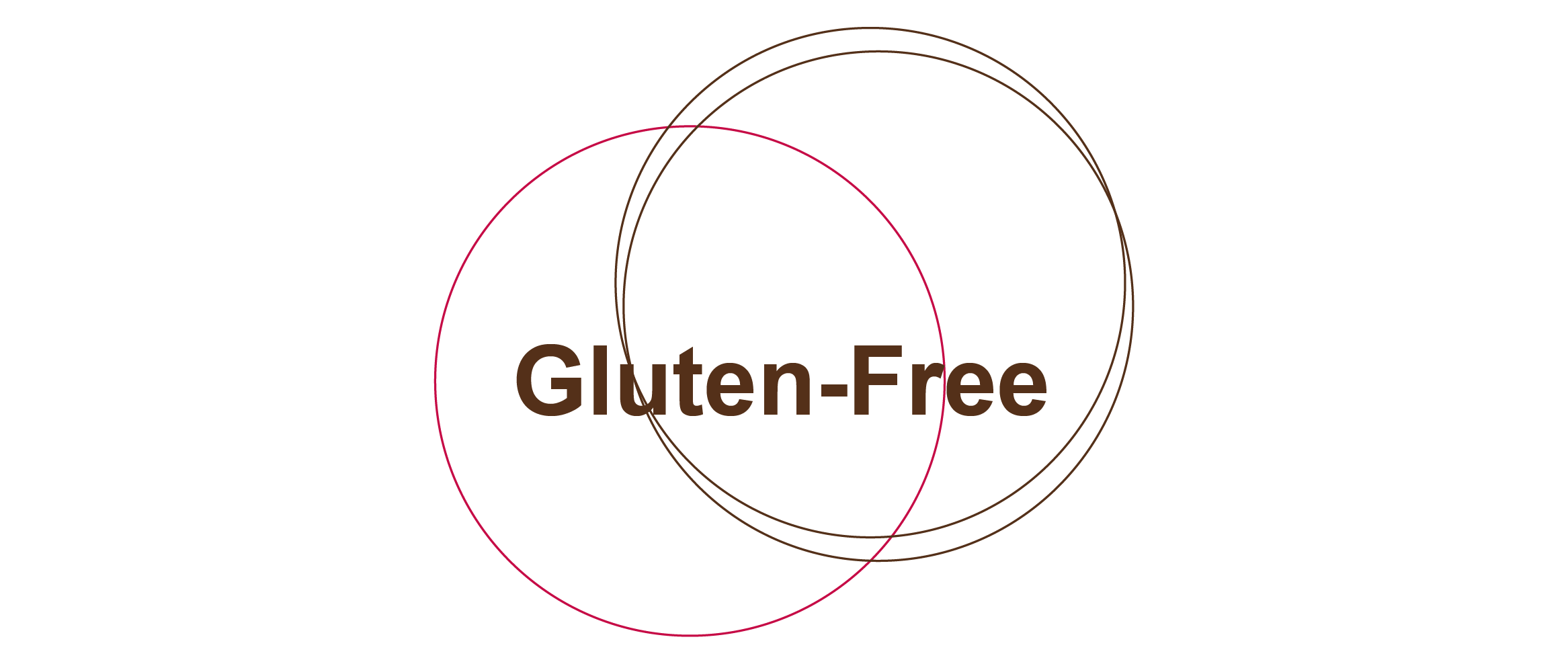
Food that does not contain gluten. Gluten is the protein part of wheat, rye, barley, semolina and other related grains. Some of the allergic reactions to gluten include gustatory discomfort, celiac disease, and skin disorder.
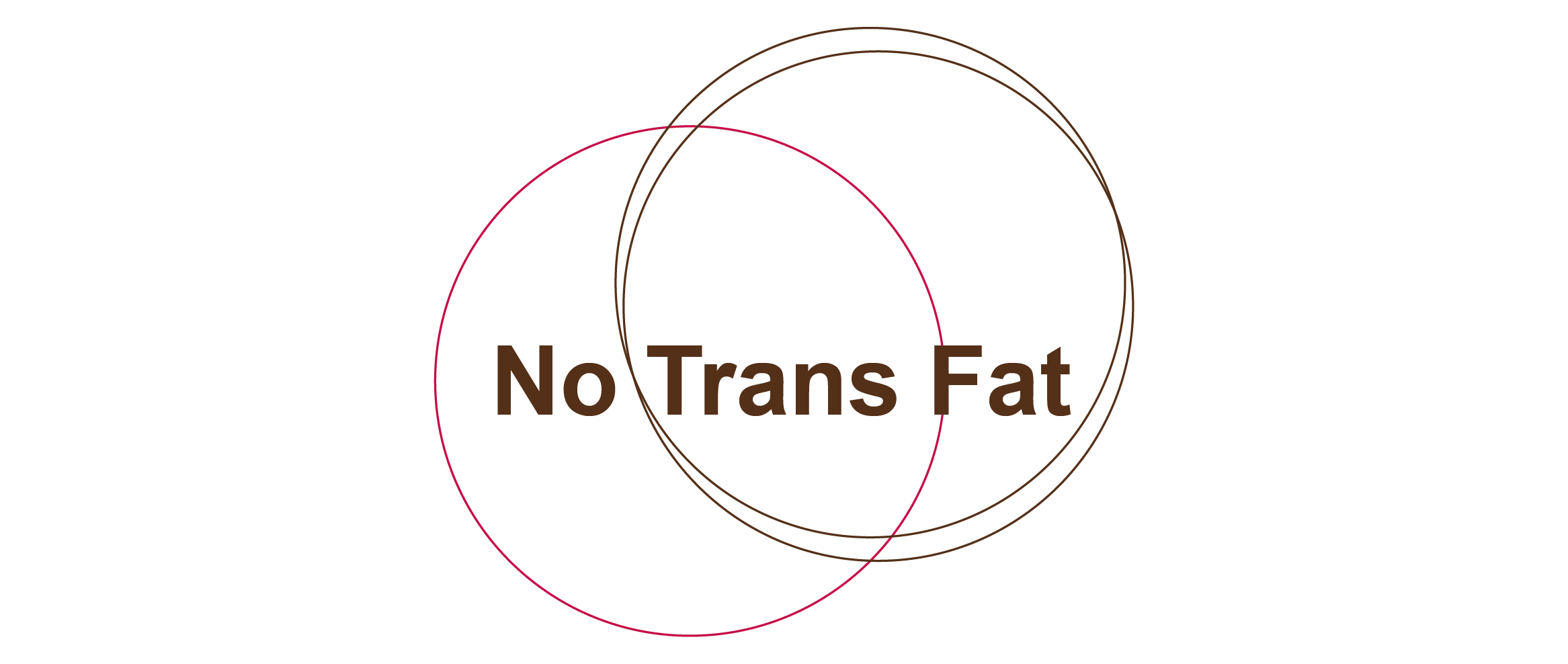
Food that is free from hydrogenated vegetable fats. Trans fat, especially the kind formed from hydrogenation, is known to have negative impact on our health and increases the risk of cardiovascular disease.
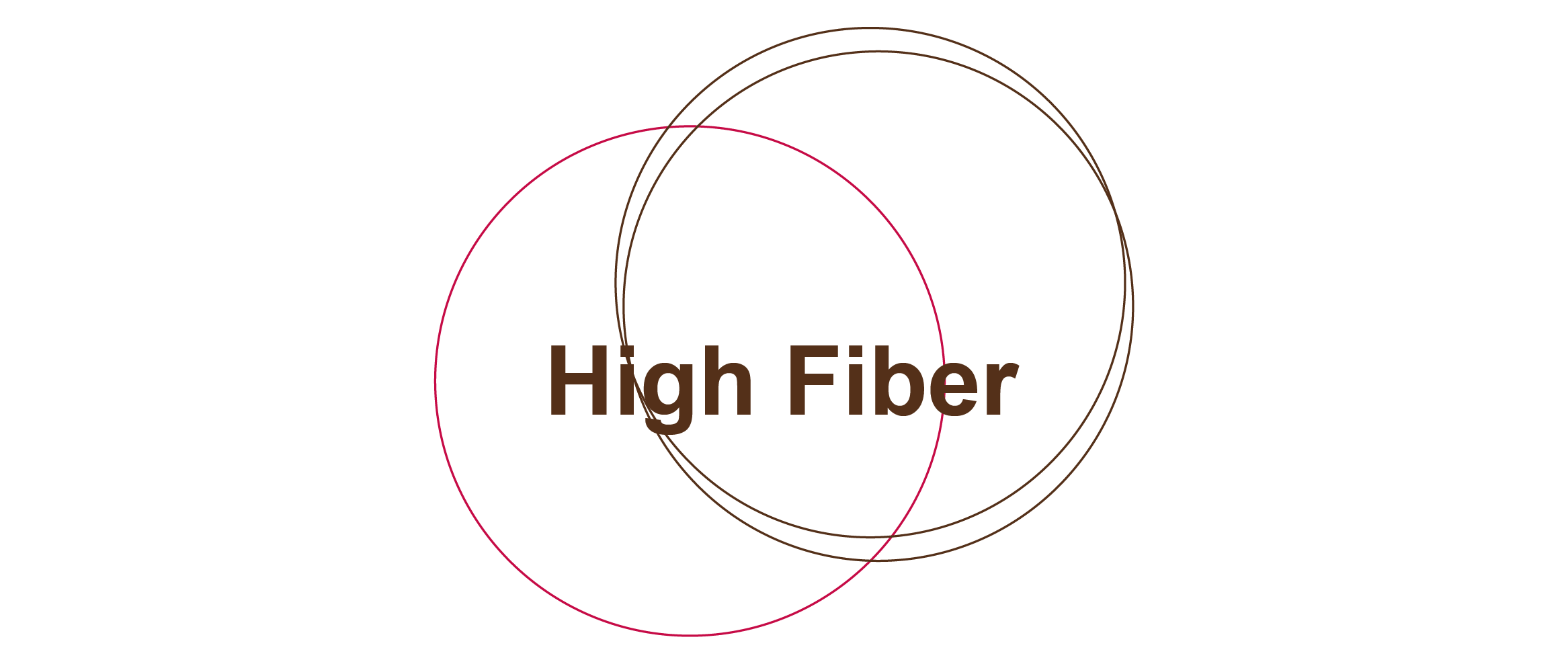
Food that is rich in dietary fiber. Dietary fiber is important in maintaining general gastrointestinal function, and preventing of certain cancers like colon cancer.
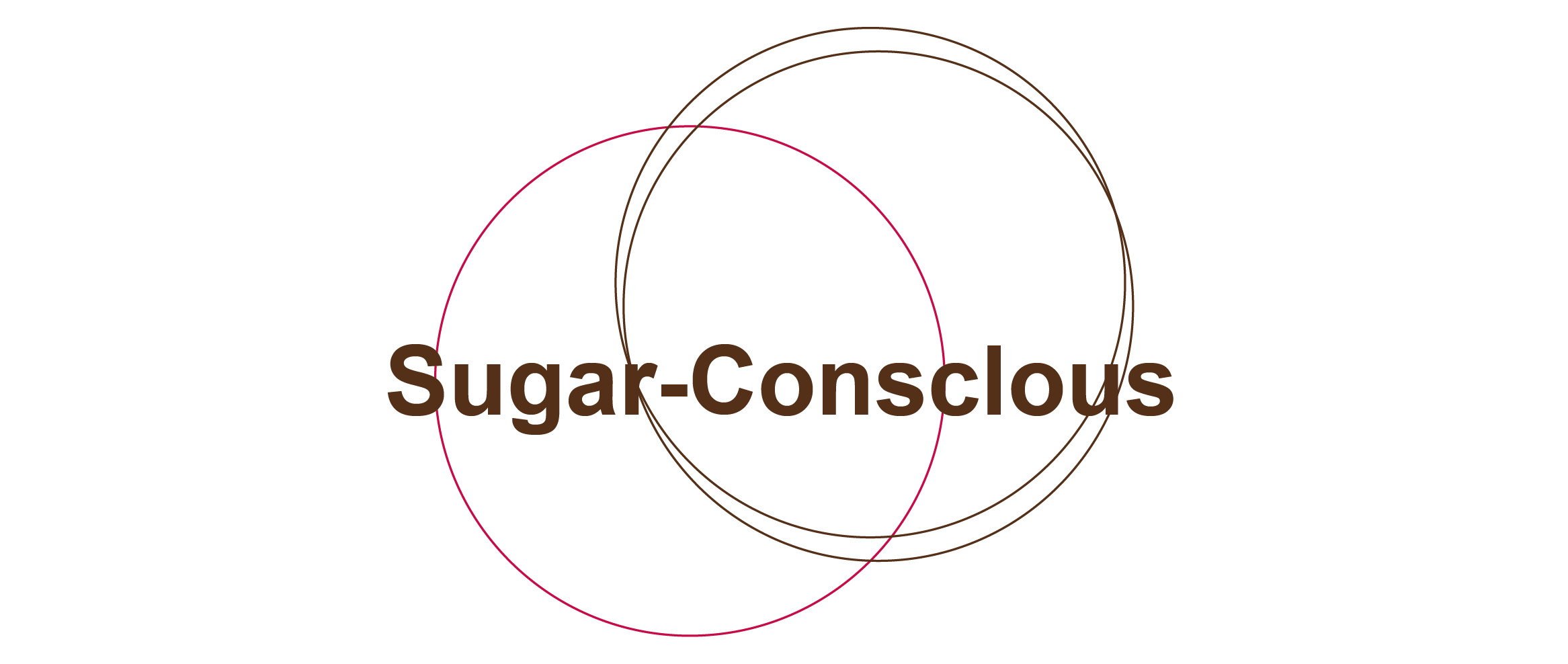
Food that is generally considered to be appropriate for people to consume who are watching out for sugar in their diet. These items are generally low in glycemic index (the rate at which blood glucose level is elevated upon the intake of the food), high in fiber and low in processed carbohydrates like sugar.
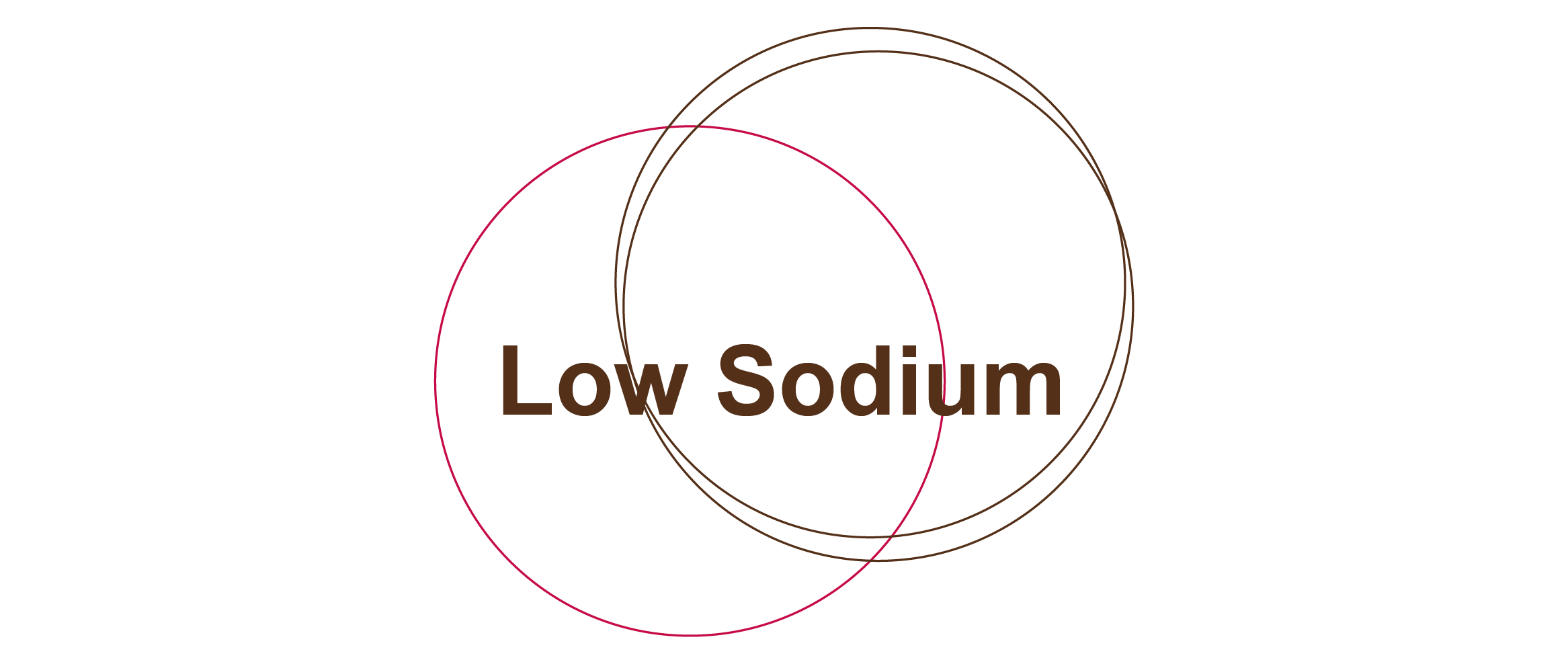
Food that is low in the sodium content. People with hypertension (high blood pressure) need to watch out for sodium in diet. US Food and Drug Administration guideline requires no more than 140mg of sodium per serving (100g for main dishes/meals) for a product that is labelled as "low sodium" and this is also the standard we have adopted in our labelling.
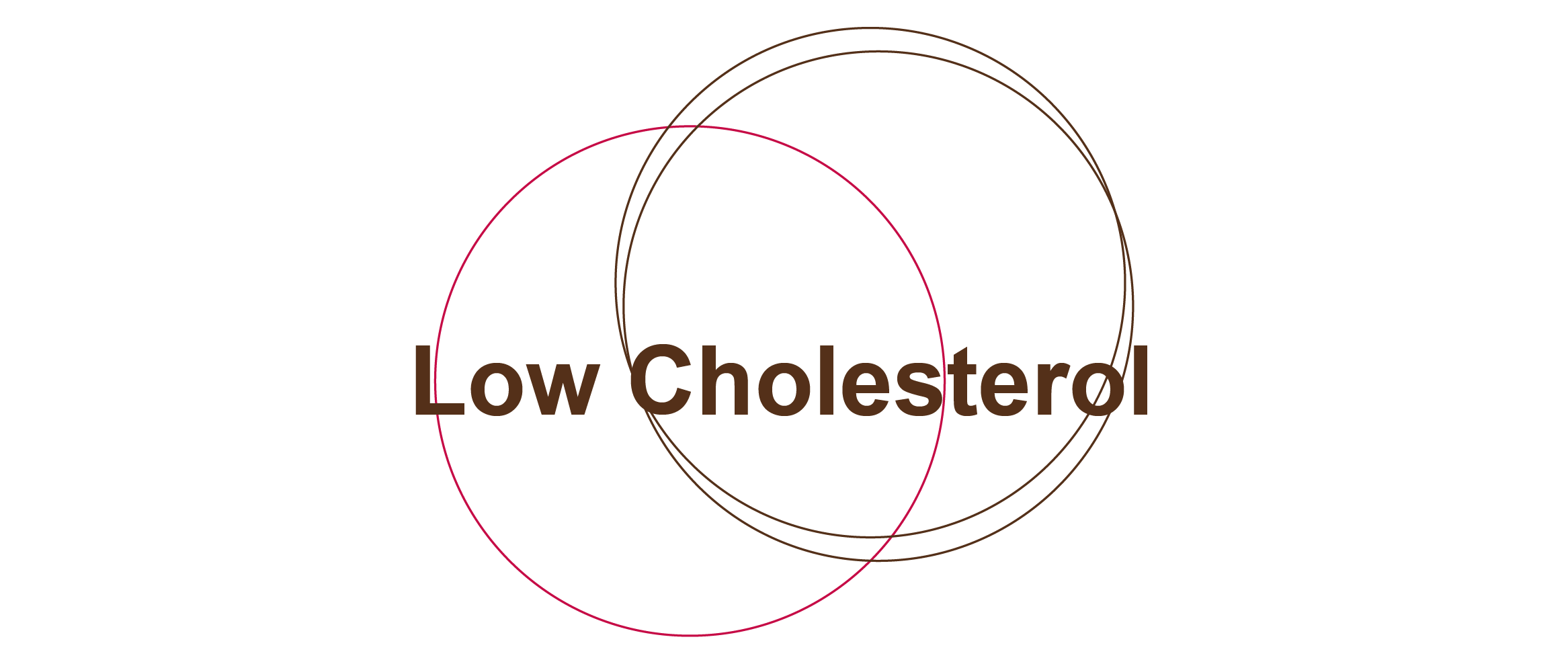
Food that is low in cholesterol content. US Food and Drug Administration guideline requires no more than 20mg of cholesterol per serving (100g for main dishes/meals) for a product to be labelled as "low sodium" and this is also standard we have adopted in our labelling.
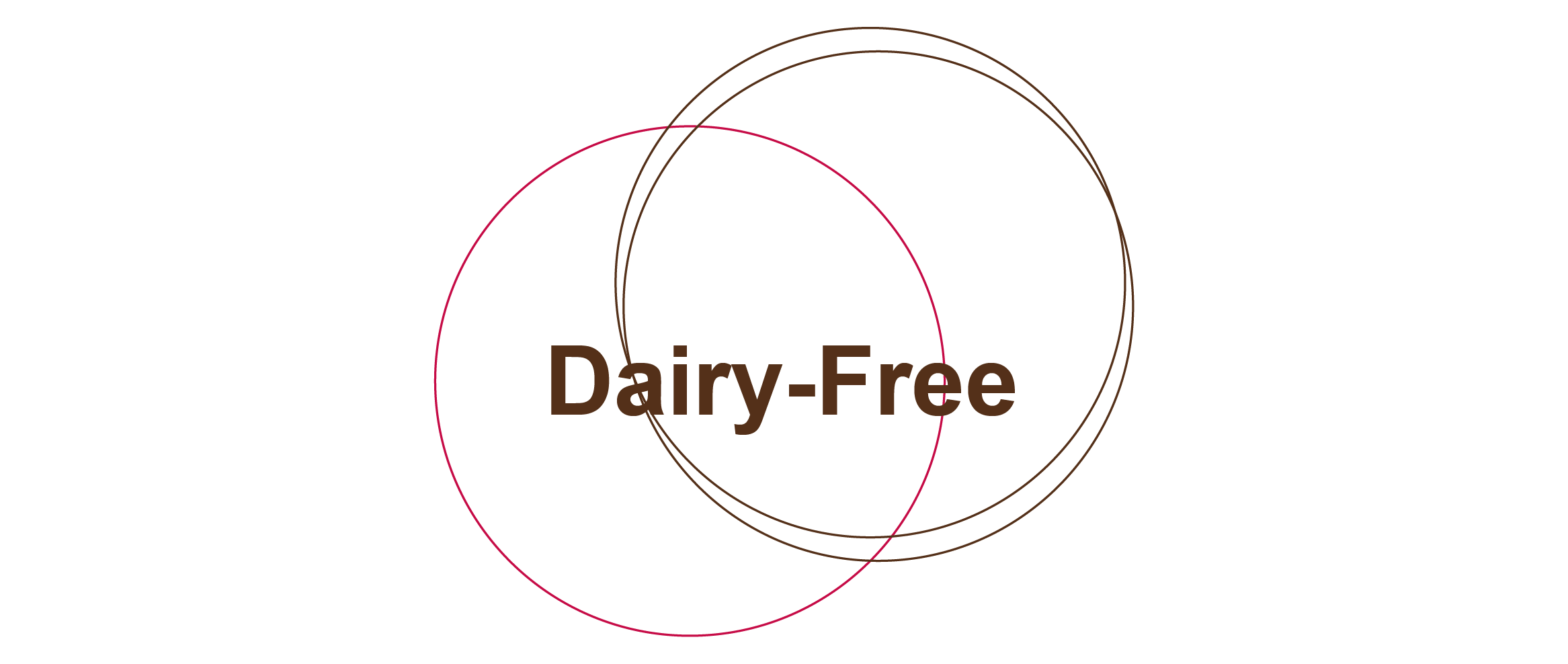
Food that is free from milk and ingredients derived from milk such as lactose, whey, casein, cheese, butter, cream cheese, sour cream, etc. People with lactose intolerance may have some of these symptoms a few hours after having milk or milk products: bloating, abdominal pain, gas, and diarrhea. Allergic reactions to milk protein may appear as skin rashes, gastrointestinal distress, breathing problems, or many other possible symptoms.
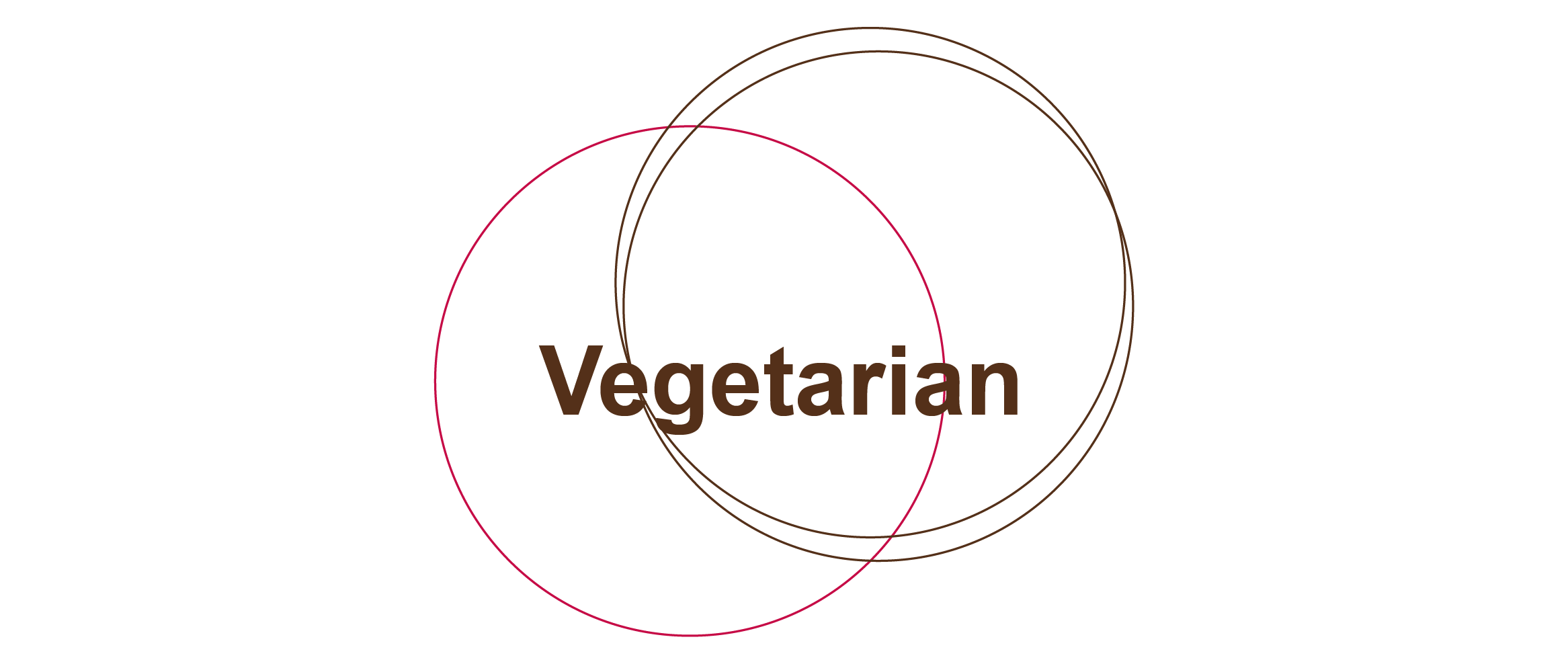
Food that does not contain any meat or by products of slaughterhouse such as gelatin. Dairy and eggs may be found in products labelled with "Vegetarian".
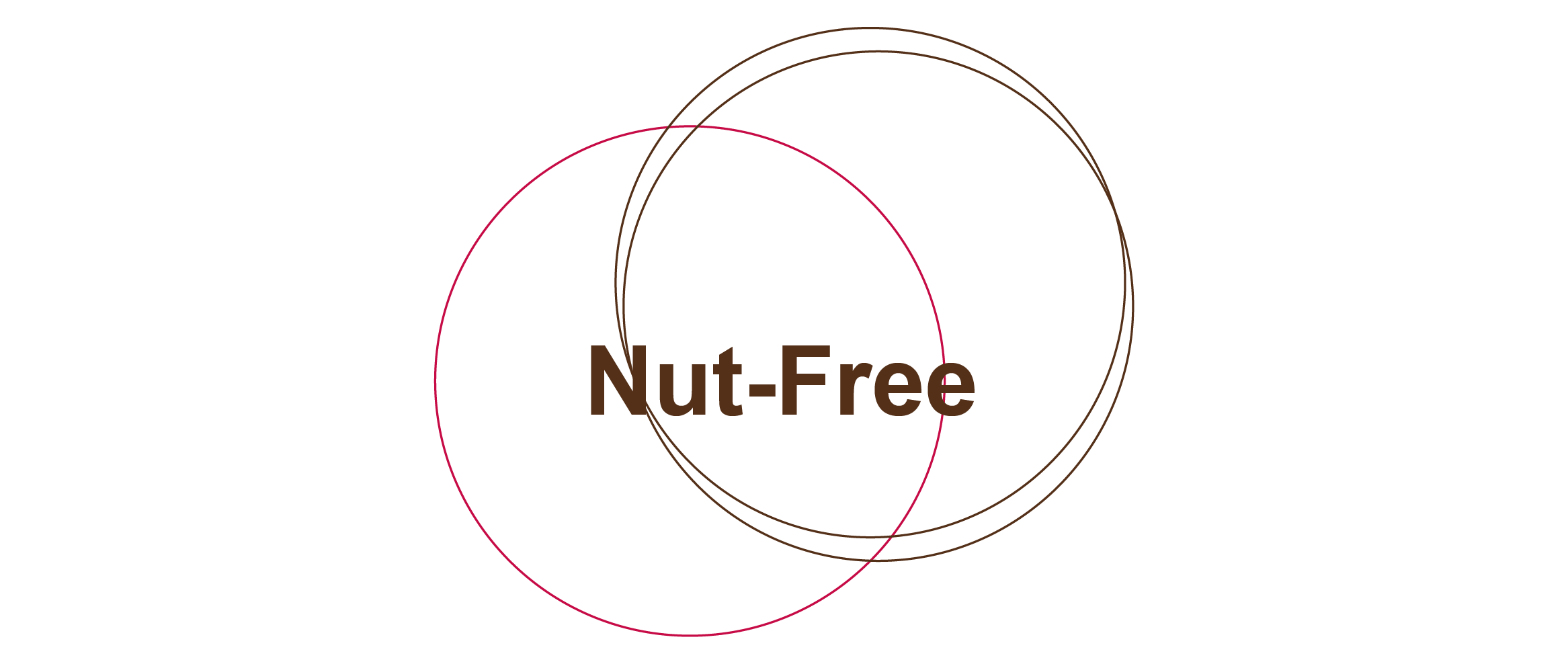
Food that is claimed to be free from peanuts or tree nuts (e.g., walnut, cashew, pecan, pistachios, etc.). Those who are allergic to nuts need to avoid them in the diet. Allergic reactions to nuts may be severe and could cause Anaphylaxis (life-threatening allergic reaction) in rare but extreme cases. It is recommended not to introduce any nuts to young children, especially when there is a family history of allergy.
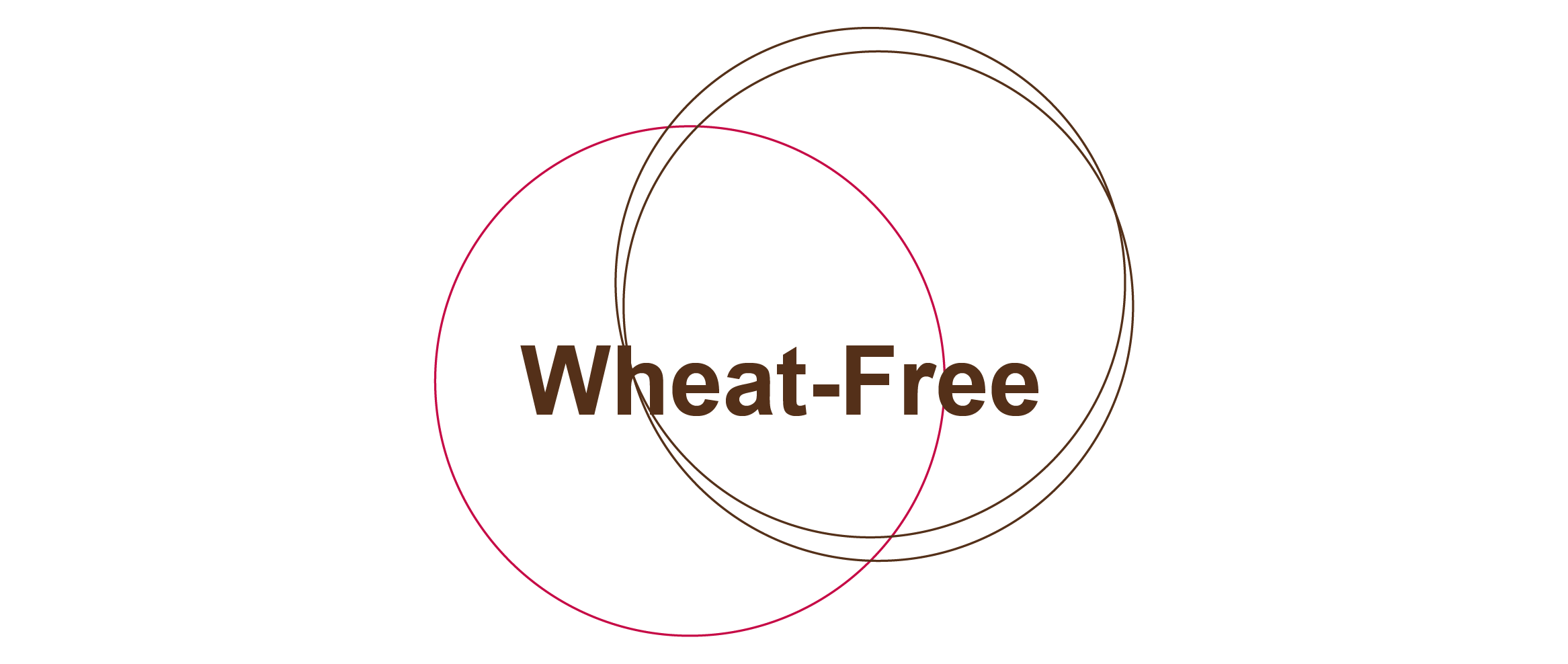
Food that does not contain any wheat or ingredients derived from wheat. Wheat allergy occurs when there is an allergic reaction to gluten - the protein found in wheat.

Food that does not contain yeasts and are not made with ingredients that may contain yeast. A yeast-free diet is very restrictive. It is important to first seek consultation with a doctor and a dietitian (or qualified homeopath) to ensure that this is the right treatment and that a well-balanced diet is maintained. The results of such a diet should also be closely monitored by a doctor.
